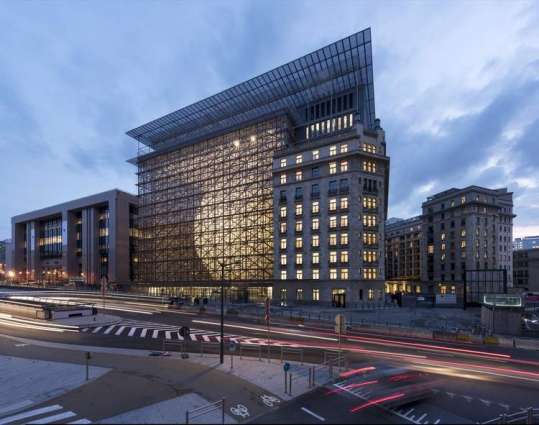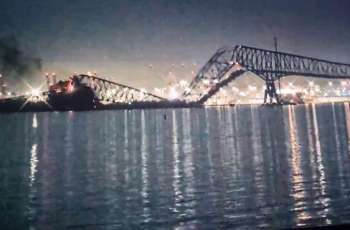The Council of the European Union added seven Russian citizens involved in the recent local elections in Crimea and Sevastopol to the bloc's list of sanctions introduced in response to the crisis in Ukraine, according to the council's press release
BRUSSELS (Pakistan Point News / Sputnik - 28th January, 2020) The Council of the European Union added seven Russian citizens involved in the recent local elections in Crimea and Sevastopol to the bloc's list of sanctions introduced in response to the crisis in Ukraine, according to the council's press release.
"The Council added seven persons to the list of those subject to restrictive measures over actions undermining or threatening the territorial integrity, sovereignty and independence of Ukraine. These new designations come as a consequence of the organisation of Russian local elections on 8 September 2019 in the illegally annexed Autonomous Republic of Crimea and the City of Sevastopol in Ukraine," the press release said.
The list, published in the Official Journal of the European Union, includes Vladimir Nemtsev, who is the chairman of Sevastopol's city legislature; Yuriy Gotsanyuk, the head of the Crimean government; Mikhail Razvozhaev, Sevastopol's acting governor; Sergei Danilenko, the head of the Sevastopol Electoral Commission; Lidia Basova, the deputy head of the commission; Ekaterina Pyrkova, the secretary of the electoral watchdog; and Ekaterina Altabaeva, a member of the Russian upper house from Sevastopol.
An EU source told Sputnik on Tuesday that the decision to impose the new sanctions had been made by the council without holding any discussions on the matter.
The sanctions enter into force on the day of the regulations' publication in the Official Journal of the European Union.
Thus, as of Tuesday, the EU sanctions list on Ukraine includes 177 people. Apart from this, the bloc has frozen assets of 44 entities.
The EU introduced sanctions against Russia for the first time in 2014 due to what it considered to be Moscow's interference in Ukraine's domestic affairs. In particular, Crimea, a peninsula that Russia gave to Ukraine during the Soviet era, held a referendum in 2014, where 97 percent of voters supported the reunification with Russia. Western countries and Kiev have not recognized its legitimacy. Moscow, has, however, denied any interference in Ukraine's affairs and insisted that the referendum was carried out in line with international law.




